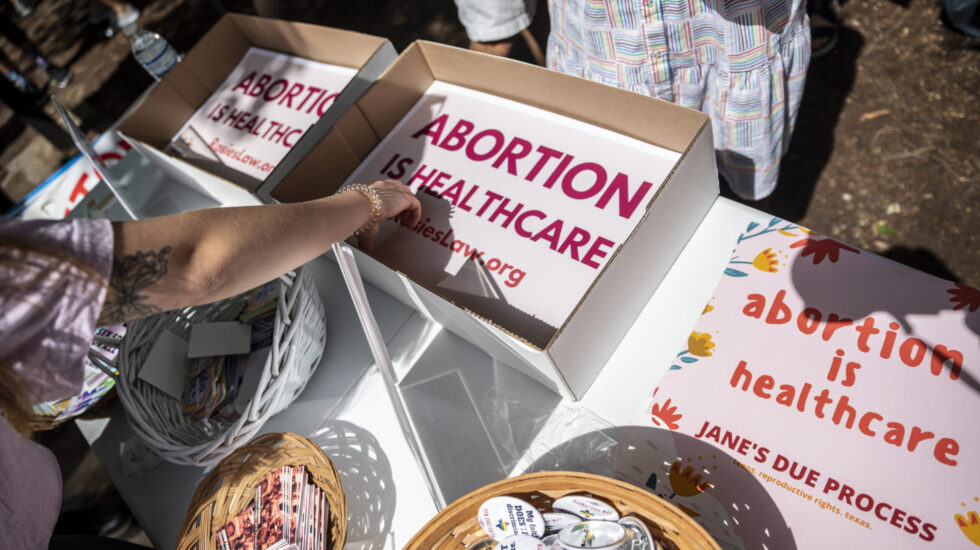The Supreme Court heard oral arguments on Wednesday regarding a Mississippi law that bans abortions after 15 weeks of pregnancy. Based on the questions posed by the six Justices that comprise the conservative majority, a near consensus emerged among Court-watchers: reproductive rights first guaranteed in 1973’s Roe v. Wade are likely to be reduced.
It’s unclear, however, how narrowly the Court will rule. If it completely overturns Roe, abortions may become illegal in 22 states, according to an analysis by The Guttmacher Institute.
Outside of its impact on abortion, the Supreme Court decision – which is expected early this summer – will have massive political and legislative implications.
NBC News provides key context:
Surveys have found that a majority of Americans favor the right to terminate a pregnancy. An NBC News poll in August found that 54 percent of adults want abortion to be mostly or always legal, while 42 percent say it should be mostly or entirely illegal. Support was high among suburban voters and college-educated whites, two coveted demographics.
But the right to an abortion has appeared secure for decades, making some proponents complacent and leaving opponents of legal abortion more motivated to vote on the issue. Democrats are counting on backlash if the right is curtailed or ended to awaken voters in a cycle in which Republicans are historically favored to make gains.
“Quite frankly, we know that a majority of the people in this country continue to believe it should be the law of the land,” Senator Gary Peters of Michigan, the chairman of the Democratic Senatorial Campaign Committee told The New York Times. “It will be an incredibly powerful issue.”
Reporting in Bloomberg echoes that sentiment:
A recent survey by the DCCC found that the message that Republican candidates would seek to ban abortion was their strongest line of attack, followed by criticizing them for potentially blocking the debt ceiling and opposing letting Medicare negotiate cheaper prices on prescription drugs.
In an interview with McClathy DC Bureau, Democratic pollster Celinda Lake, who worked on Joe Biden’s 2020 campaign, made a similar point:
Lake said Democrats could form a broader argument around women’s rights and health in the 2022 midterms, coupling their abortion position, for example, with the push for paid parental leave in the social spending bill Congress is currently debating.
McClathy adds:
Democrats say the issue could be especially pronounced in races for governor, as states could have newfound authority to craft abortion legislation if the Supreme Court rolls back Roe v. Wade. Thirty-six states will hold gubernatorial elections next year.
In addition, if the Supreme Court guts Roe, they’ll be renewed pressure on Democrats to eliminate the Senate filibuster and pass a bill that makes abortions legal nationwide. More from NBC News:
Lt. Gov. John Fetterman, the front-runner in the Democratic Senate primary in Pennsylvania, called on Democrats in a statement to “immediately scrap the filibuster and pass the Women’s Health Protection Act to protect abortion rights.”
“One by one, the Republican-appointed justices came before the Senate and promised they’d respect precedent. They’d respect settled law. Well, Roe v. Wade has been law for nearly 50 years. So let’s see that respect. But we can’t wait—we must #EndTheFilibuster so we can codify Roe,” tweeted Senator Elizabeth Warren, a Democrat from Massachusetts.



